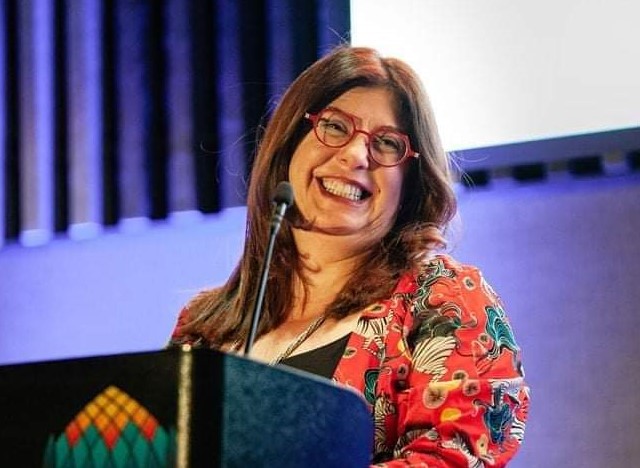Voices
Transforming toxic environments

Global antisemitism has been trending steadily upwards since the turn of the century, with most diaspora countries noting a major increase in activity on virtually a year-by-year basis. A new report by the World Zionist Organization showing a slowdown in the rate of incidents in 2022 is to be welcomed, but only with caution. It’s much too soon to tell whether these findings indicate a reversal of the trends of the past 20 years, and furthermore, even with the somewhat reduced figures, the situation confronting world Jewry remains deeply concerning. Direct anti-Jewish attacks may be down, but that’s not true of anti-Jewish attitudes which, to a significant degree through organisations boycotting Israel, are becoming increasingly widespread.
South Africa has also witnessed a steady rise in reported attacks on the Jewish community. By way of illustration, the number of incidents jointly logged by the South African Jewish Board of Deputies (SAJBD) and Community Security Organisation in 2022 was about twice the annual average recorded in the early years of the century. That being said, compared with other major diaspora countries (Canada, France, Australia, and the United Kingdom among them) antisemitism thankfully continues to be a relatively low-level problem in South Africa. This is true not only concerning the bare numbers (even now, annual figures seldom exceed the 100-mark) but in terms of the gravity of the incidents reported. It’s extremely rare, for example, for antisemitically motivated attacks to involve violent assault, and the same is true when it comes to damage and desecration of Jewish property.
University campuses have become especially difficult spaces for Jewish students. The extent of the problem in the United Kingdom is explored in a report released this week by the Community Security Trust, and similarly worrying trends are in evidence in the United States and elsewhere. Irrespective of their views on Israel, many Jewish students are feeling ostracised by their peers, to the point that a growing number feel the need to hide their identity. It wasn’t so long ago that our own students were being made to feel similarly uncomfortable and unwelcome on campus. Fortunately, there has since been a striking turn-around in that regard, the result of a sustained, strategic effort by the South African Union of Jewish Students. One of the encouraging lessons we can take from this is that by working together, the sensible allocation of resources, considered forward planning, and sustained effort, it’s possible to transform even the most toxic of environments for the better.
Communal diary
The SAJBD’s Communal Diary, one the longest running services the Board has provided to the community, enables Jewish organisations to avoid schedule clashes in planning their functions while also publicising “what’s on” for the general Jewish public. Through this facility, we recently picked up a clash between two major communal organisations who had their annual fundraisers on the same night and connected the two organisations so that they could make other arrangements well in advance. To avoid these kinds of potentially disastrous mix-ups, I urge all organisations to send relevant details of their upcoming functions to sajbod@sajbd.co.za. The Communal Diary can be accessed on our website, https://www.sajbd.org/.
- Listen to Charisse Zeifert on Jewish Board Talk, 101.9 ChaiFM, every Friday from 12:00 to 13:00.
